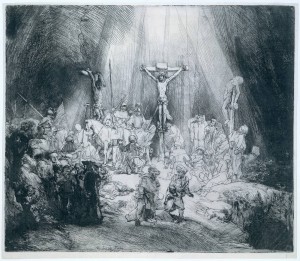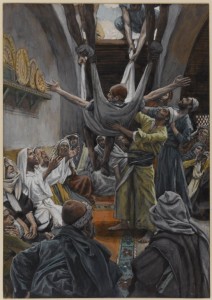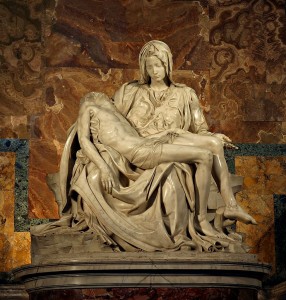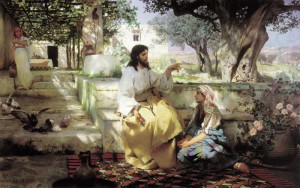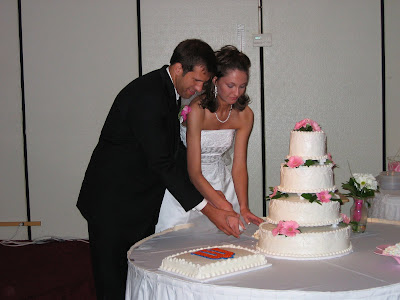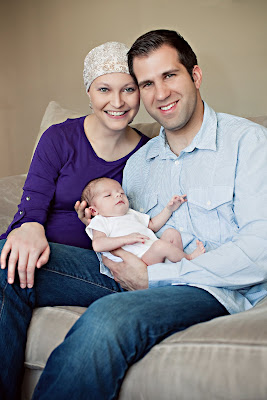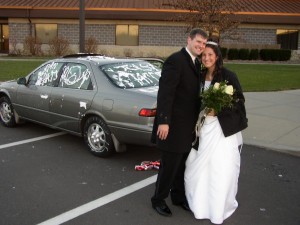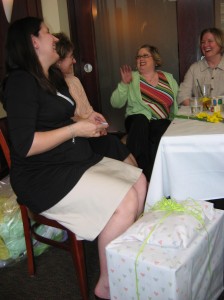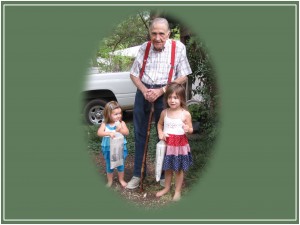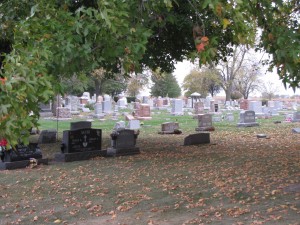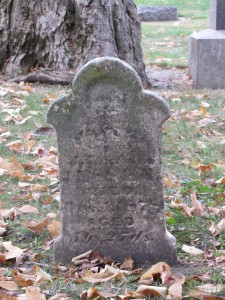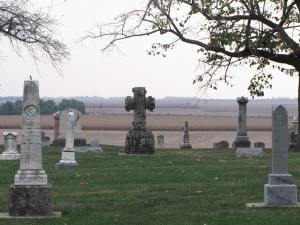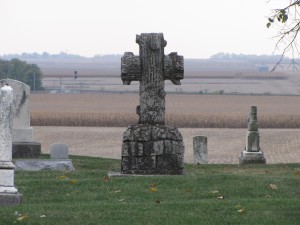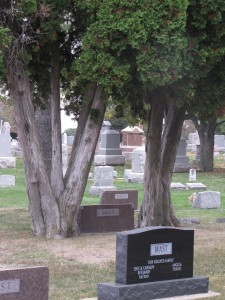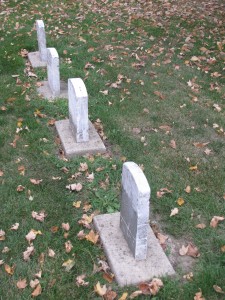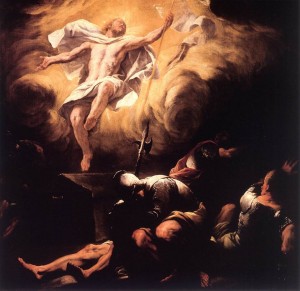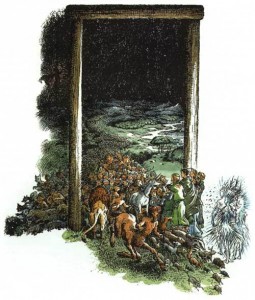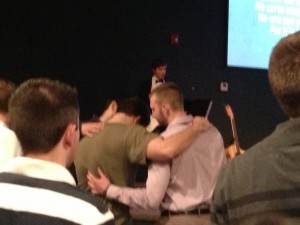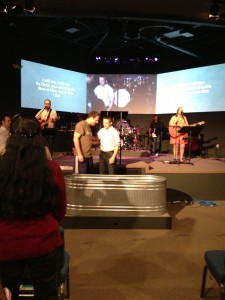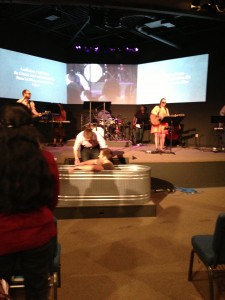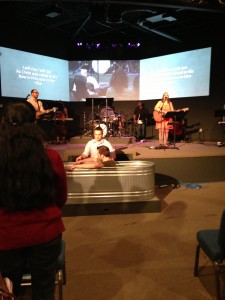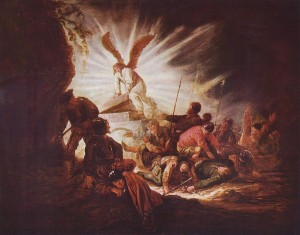** A quick update: There seemed to have been a bit of confusion about our sweet Lily. I apologize if I didn’t make the end of the story clear! Gratefully, this time we were granted miracle. Lily is just fine and wondering what all the fuss was about! **
Love.
Love your neighbor.
Love your God.
Jesus said that this is most important.
Loving your neighbor is hard, yet we have seen our neighbor. Mostly we do not really see our neighbor, yet every now and then we catch a glimpse in their eyes, in the tilt of their head, in the stance of their bodies of something beautiful, something glorious, some divine spark within. And loving our neighbor as ourself at least gives us a familiar sort of standard to work toward. Yet loving our neighbor is still hard.
Loving God? This falls into a whole new category of difficulty. Loving God with all that we are and all that we are meant to become? We don’t even understand what that really means. Love God, Whom we have not seen. Love God Who wouldn’t show His face to Moses, but hid him in the cleft of a rock while He passed by and then allowed Moses to catch a glimpse of His back. How can we begin to fathom what this command means, much less become capable of obeying?
To love God not for what He can do for you, but for Himself alone. To want to be with Him, to want to do things for Him. In the midst of plenty, it is difficult to even catch a glimpse of God, much less love Him for Himself. And in the midst of the wilderness of pain or grief, it seems like this command is a command to sprint out of the wilderness while our legs are broken.
I watched my niece die this past Sunday, our beautiful one-year-old Lily, or so I thought. This time we were granted a miracle of life, but as I listened to Lily’s mommy sob in a way that I haven’t heard since I sat with my middle brother on the eve of his wife’s death, I knew that this story could have so easily had a different ending. And how do you love God when the worst has happened, when it feels as though your very life has been wrenched away from you? It could lead us to despair, this greatest command that we are not capable of obeying.
Yet at its heart the gospel is about God moving toward us, doing for us what we are incapable of doing on our own. We find hope in Jesus Who, in His abandonment by God still cries out “My God, my God! Why have you forsaken me?” When life in all of its cruelty and beauty, when our daily cross, when even death itself cannot destroy our love for God because our love comes from God Himself, then we are empowered to move across our wilderness on our broken legs and we find that God has not only moved toward us but has swept us along toward Himself even in the middle of our fear that He has forsaken us, if He even does indeed exist.
Perhaps we find the most pure love in the middle of the wilderness because that is where we are left with nothing else but God. When the worst happens or almost happens, when we love Him in spite of all that is around us, when we love Him for His own sake because He is all that we have left, it is there that we are able to catch a glimpse of what it is to love God with all of our heart, soul, mind and strength because He has been in the wilderness with us.
The final secret, I think, is this: that the words “You shall love the Lord your God” become in the end less a command than a promise. And the promise is that, yes, on the weary feet of faith and the fragile wings of hope, we will come to love him at last as from the first he has loved us – loved us even in the wilderness, especially in the wilderness, because he has been in the wilderness with us. He has been in the wilderness for us. ~ Frederick Buechner
Art credit: Photograph of supernova by NASA







